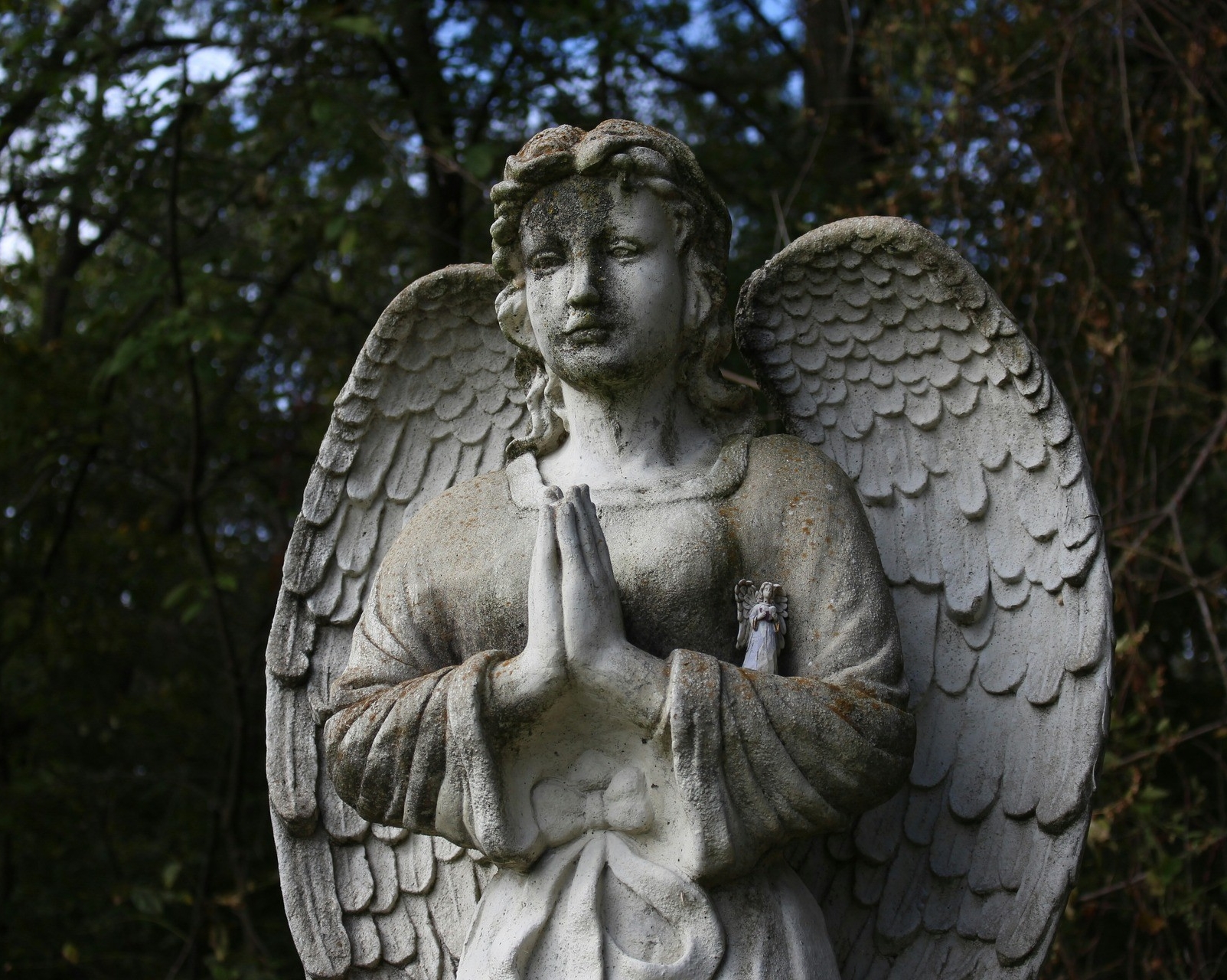This article was originally published in The Gazette.
When public figures are attacked, our collective instinct often divides us further. This week’s shooting of Charlie Kirk has already prompted predictable waves of outrage, blame and political weaponization. Some call it an assault on democracy, others a deserved outcome of polarizing rhetoric. In the rush to explain, condemn or capitalize, we risk losing sight of something more fundamental: our shared humanity.
As a research psychologist who has spent years in a lab that studies empathy and prosocial development, I urge us to try to see this moment differently. Empathy is not just a lofty ideal, it is a deeply ingrained human tendency, observable even in children. Toddlers will spontaneously help others in distress, and by the preschool years, children begin to insist on fairness and co-operation. These are the building blocks of our social fabric, the glue that allows communities to function.
And yet, empathy is most fragile when we need it most. Our empathy narrows under conditions of threat, difference or moralized conflict. We draw boundaries between “us” and “them,” and once we do, compassion for the “other” becomes harder to access. In polarized contexts, this narrowing is amplified: the suffering of someone on the “other side” can feel less urgent, less real or even, perversely, like a form of justice. When we allow these boundaries to harden, we chip away at the very foundations of human connection.
This is the moment where empathy is most radical, and most necessary. Choosing empathy here does not mean endorsing Kirk’s political views, nor erasing the harm that his rhetoric may have caused to others. It is not about a single individual — it is about us, about the state of our societies and where we are heading. It means recognizing that violence against one person pulls us all deeper into a cycle where fear and retaliation replace dialogue and repair. If we continue down this path, each act of violence or outrage becomes another layer in a wall that separates us.

Empathy is not static; it can be cultivated, expanded and reinforced. Programs that encourage children to take another’s perspective, even briefly, show measurable increases in prosocial behaviour. Adults are no different: exposure to diverse perspectives, opportunities for genuine dialogue, and deliberate acts of perspective-taking can soften entrenched divides.
Crucially, this does not mean turning a blind eye to harm or pretending disagreements do not matter. Real perspective-taking allows space for vulnerability — for acknowledging wounds, frustrations and fears — without collapsing into hostility or denial. It is precisely in creating such spaces that empathy becomes a lever for real change, for bridging divides without erasing difference. These are not panaceas, but they are evidence-based ways of pulling us back toward our better instincts.
The question, then, is how we choose to move forward. Will this event be another brick in the wall of polarization, cementing our divisions? Or can it be a reminder that violence degrades the humanity of all involved — that our shared safety, dignity and future depend on resisting the temptation to dehumanize those with whom we disagree?
Empathy will not resolve our political conflicts. But without it, there is no ground left to stand on. As researchers, educators, citizens, neighbours, we must push back against the reflex to weaponize moments of tragedy. The challenge before us is not about how we feel toward one controversial figure. It is about whether we can resist the pull of polarization long enough to remember that our survival as communities depends on our capacity to see one another as human — even, and especially, when it is hardest to do so.
If we fail to do so, we not only lose sight of Kirk’s humanity, we lose sight of our own.
Maxine Iannuccilli is a research psychologist and part-time professor in the department of psychology at Concordia University.

